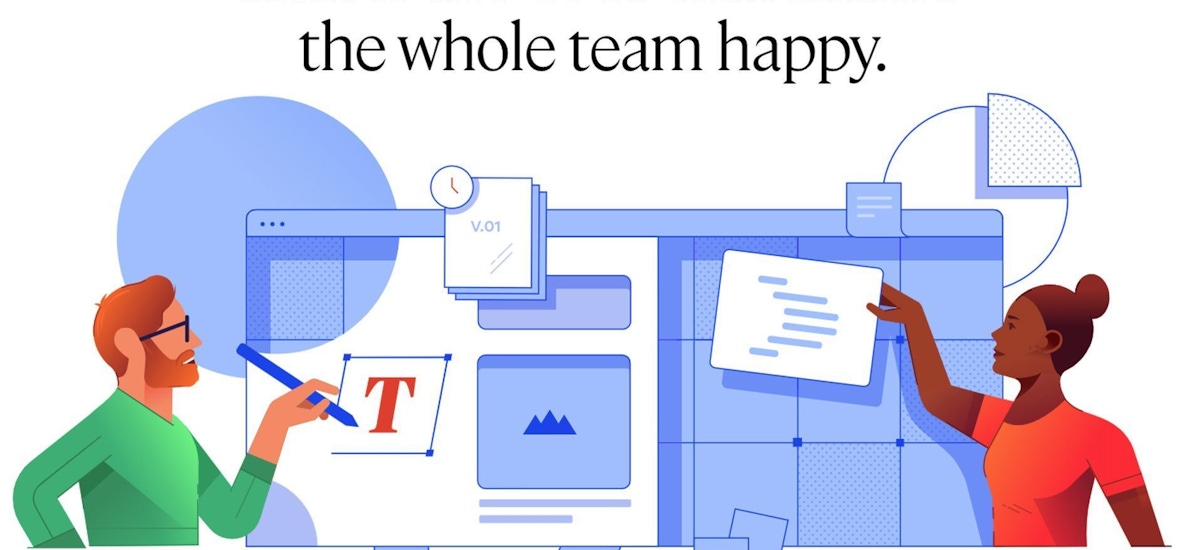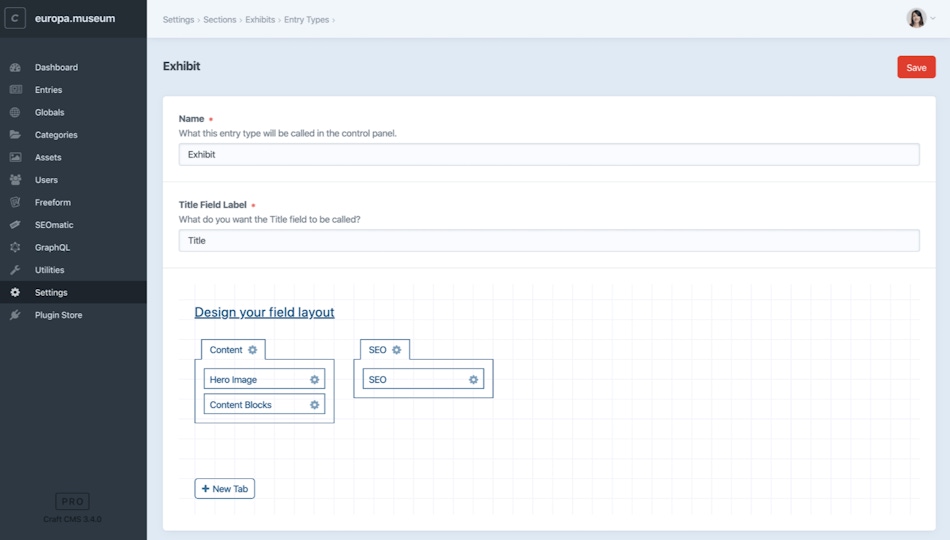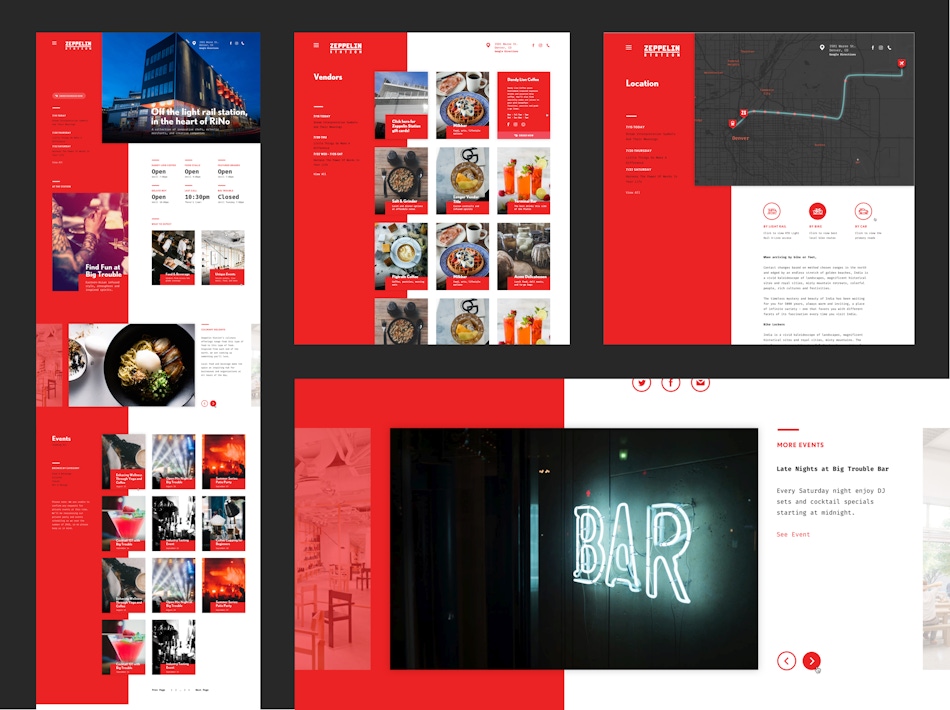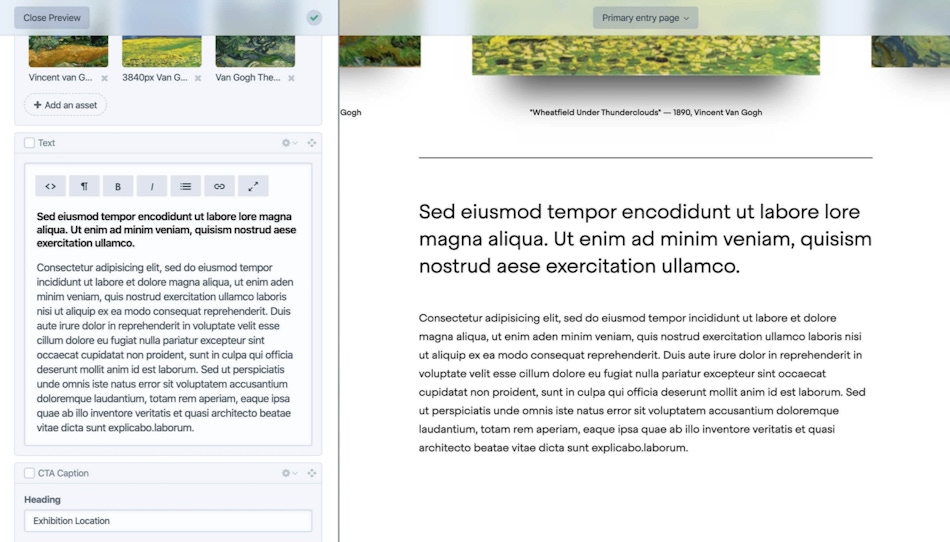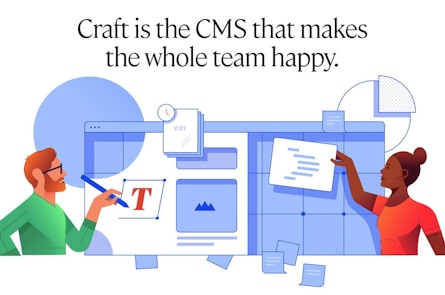You can argue that WordPress is a content management system, but in reality it's more of a blogging platform.
WordPress was created back in 2003 as a tool for bloggers to create and post content online. Over the years it's become the de-facto tool for easily building websites, with the latest figures attributing it to over 30% of the internet. Wow!
However, at the end of the day, WordPress is still a blog tool.
Unless you're building a traditional blog, Craft is going to be a much more flexible tool that can organize and mange any types of content: pages, events, products, venues, categories, users, files, widgets, doo-dads; anything really.
With WordPress, building a site that goes above and beyond a blog always feels "hacky" and against the grain.
The majority of the sites we build aren't solely blogs, and many have a level of complexity that requires a more robust tool than WordPress.
